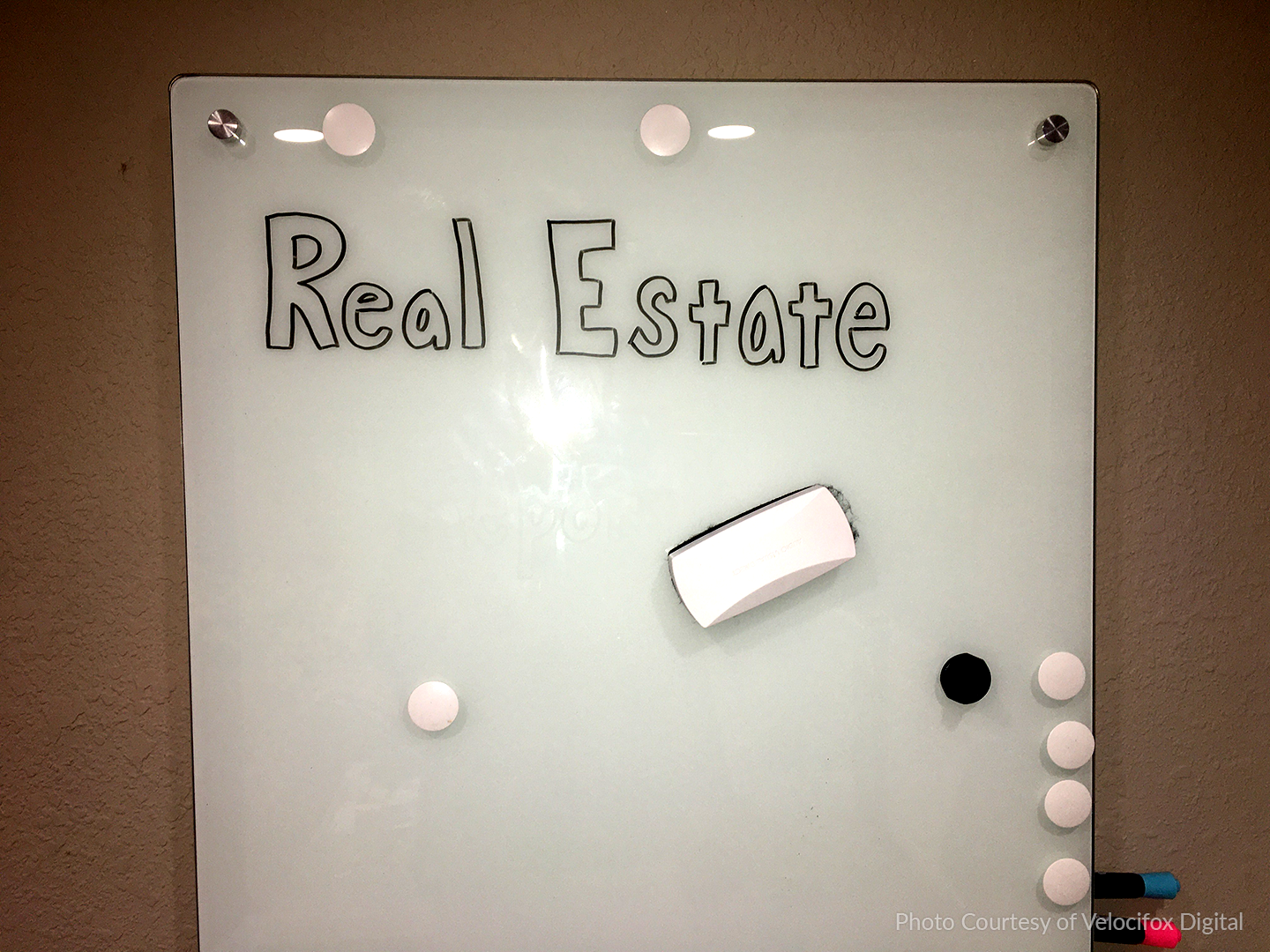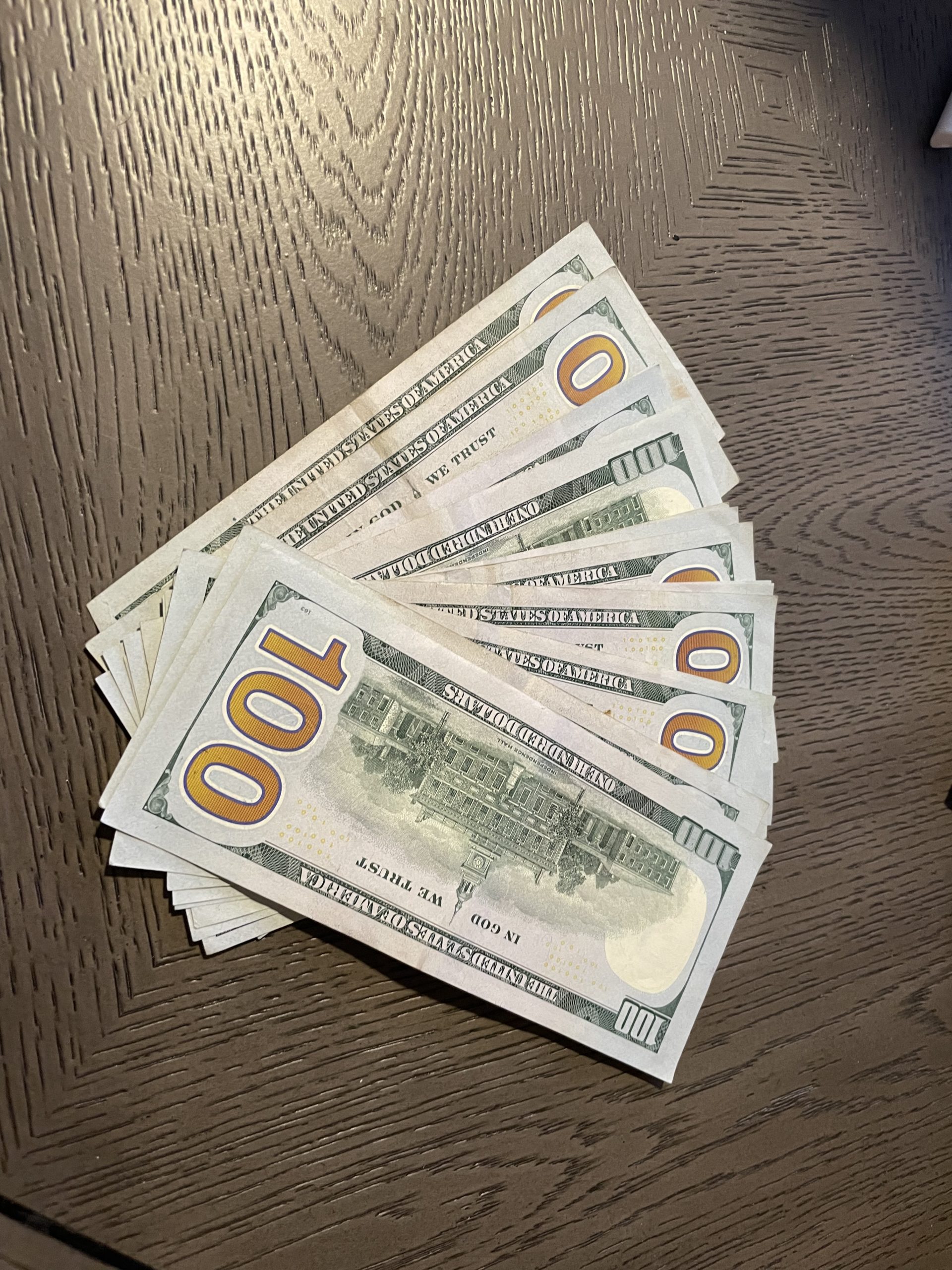Thinking of Buying a Home?
There’s a few things you’ll need first!
Buying a home is a big undertaking! Whether you’re a first-time homebuyer or a seasoned pro, purchases this big don’t come along very often and shouldn’t be taken lightly. Buying a home without using a Realtor can lead to some huge mistakes!
Every part of the home buying process, from picking the right home, to negotiating the price, to wading through the legal documents, can be tough. I want to help you by guiding you through the home buying process, and make sure that you choose the RIGHT home for you, that you’re not overpaying for it, and that all the contracts are written and presented in your best interest.
To help guide people who are thinking of buying a home, here’s my home buying tips!
Useful Tips and Tools for Home Buyers
Click each tab below for the information you need!
Buyer Checklist
You may think you’re ready to buy a home – but are you really? This buyer’s checklist will make sure that you’re ready to take this big step.
- Do you already own a property that you need to sell before you can buy? No worries; that’s common, and I specialize in making sure that you can sell your home fast and for top dollar. Click here to learn more about what you need to sell your home.
- Take a hard look at your finances to determine how much home you can truly afford. Find an affordable range for you, and don’t forget to consider your taxes, insurance, and mortgage insurance. Decide if you’re going to pay cash for a home, or obtain a mortgage. If you’re getting a mortgage, call a home mortgage specialist and get pre-qualified ASAP. Decide on a downpayment amount that you’re comfortable with, and set it aside.
- Sit down with the people who will be living in the house with you, whether it’s your spouse, partner, children, etc. Discuss every room of the house and make two lists: a list of items or features that the home “Must Have”, and a “Wish List” of items you can live without, but would love to have. These two lists, your “Must Haves” and “Wish List” should go with you to meet with your Realtor and to all showing appointments.
- Drive around the cities, areas, and neighborhoods that you’re interested in living in. Make a list of the specific neighborhoods, areas, and streets you love, as well as a list of areas that you wish to avoid at all costs. These lists will cut down on the amount of time you will have to spend looking at homes you wouldn’t purchase due to the neighborhood or location. I’ve even seen clients print a Google map and color their favorite areas with a magic marker! Whatever it takes to express the areas you prefer, do it. It will help your Realtor immensely and save so much time in the long run.
- Meet with your Realtor, and bring all your lists! I can show you photos of homes that meet your criteria to make sure we’re on the same page, and we can decide together on a list of homes that you’d like to see. Before I schedule the showings for you, you’ll need to provide me with your mortgage pre-approval letter, and sign a Buyer Broker Agreement. A Buyer Broker Agreement is my promise to you to deal honestly and fairly and act in your best interest, and it also protects my commission from other Realtors. A Buyer Broker Agreement never forces you to buy a home.
- When you go on the showing appointments, remember to bring your list of “Must Haves” and your “Wish List”! I recommend making notes as you go through each house. I also recommend taking your own photos of things your really love or really don’t love, as a way of remembering things later when you’re trying to make decisions.
- When making offers on properties, consider your moving timeline. If your lease is ending soon or your current home is selling and you need to purchase sooner rather than later, you may need to be more generous with your first offer. The back-and-forth negotiations process is one of my specialties, but it can be time consuming. Make sure you let your Realtor know if you’re up against a deadline.
Home Buying Timeline
I get asked a lot: “How long will it take to buy a home?” and it can be a tough question to answer because it depends a lot on the buyer!
Some buyers have no idea what they want. Maybe they want 2 bedrooms, or maybe 5 bedrooms. They’re not sure what city they prefer. They aren’t even sure how much they want to spend. If this sounds like you, it’s okay! Take your time; you’re clearly not ready to purchase a home yet. Nail down at least some specifics about what you’re looking for, and let me help you decide on the rest.
Some buyers want the impossible. If you’re looking for a 4,000 square-foot home with a 4-car garage and a pool, on the water, in a gated community for under $350,000, you might be looking for a while… like, forever. Make sure that what you’re looking for actually exists, and it’s in your price range. If not, you might be better off building a custom home to suit your needs, or increasing what you’re willing to spend.
Some buyers waste a lot of time submitting low-ball offers. There’s a time and a place for low-ball offers, and as your Realtor, I would definitely advise you on when it’s appropriate and when it’s not. If a home hasn’t been on the market very long, and you want to submit an offer that is 25% less than asking price, the sellers likely won’t even counter your offer. Regroup, and look for homes in your price range. There are a few exceptions to this, for example, when the home is clearly way overpriced. If there is recent sales data to prove that similar homes in the same neighborhood have sold for much less in the last 60 to 90 days, then making an offer that is in line with the recent sales data makes sense. Additionally, if the home has been on the market for longer than 180 days, a lower offer may not hurt. Perhaps the sellers are tired of waiting for a full-price buyer and will settle for your offer.
Some buyers aren’t financially prepared, and the mortgage process delays the closing. Just because a mortgage professional issued you a pre-approval letter, that’s not a promise to lend you money for a home. The reason that the mortgage process takes around 45 days is because they will be reviewing your financial history and background VERY carefully, and if they find things in your finances that cause them to think that lending you money may be a risk, they could change the terms of your loan, which may cause the house you want to be pushed out of your budget, or they could deny your loan entirely. It’s very important to talk with your mortgage professional about the do’s and don’ts in the months leading up to your home purchase, and be sure to disclose all of your financial history with them so there are no surprises.
The good news is, if you know what you want, and it does exist, and you submit a reasonable offer, and your financing goes as planned, I would say the average home buying process takes around 90 days. Estimate 45 days to find the perfect home, submit the offer, and get it accepted, and then another 45 days for your home inspections, home appraisal, financing to be finalized, and closing.
Offer and Closing
Placing offers, getting an offer accepted, and the contract’s timeline til closing is the part of the process where you are most likely to incur legal or financial risk. Signing legally-binding documents can be a little scary at times!
When you write an offer for a home, you’ll see just how extensive and detailed these legal contracts can be. Lucky for you, Realtors are heavily educated on this topic, and I always review every contract word-by-word to make sure we don’t offer the seller something by mistake! I always act in my client’s best interest, and reviewing these contracts is a big part of that promise.
To make things more confusing, the contract can change in any way as it goes back and forth in negotiations. There’s a lot more at stake than just the price; these real estate contracts also contain clauses regarding required fees, repairs, inspections, timelines, and even the appliances! When the sellers of a home counter-offer, it’s my job to review the contract again, word-by-word, to ensure that I protect the buyer to the best of my ability, and re-negotiate any terms as needed.
At the end of every real estate transaction, there is a “closing”, which usually occurs in an attorney’s office. Closing signifies the actual change of ownership for the property. The attorney’s office oversees the documents pertaining to mortgages, deeds, and title. You’ll be signing plenty of documents on closing day, but there should be no surprises. If your Realtor does their job, you’ll be well-informed of everything long before closing; including any closing costs that you’re responsible for paying.
Buyer F.A.Q.
Home buyers always have plenty of great questions, and that’s why I started posting them here! I enjoy sharing info on buying a home so that other home buyers can read and learn too. Here are the most common questions I get asked about buying a home.
Q: What is a Realtor’s job?
A: Sometimes, Realtors have different opinions about their ‘job description’, but here’s how I see it:
- to act in your best interest, always
- to show you homes and properties that you are interested in viewing, and offer educated advice
- to help with your decisions about buying a home
- to help with your financial decisions about mortgage costs, taxes, fees, closing costs and insurance
- to keep you informed of market changes and trends, as well as new homes on the market, so you could potentially use that data to make decisions about buying and offer amounts
- to use data such as market trends and new homes on the market as leverage in negotiations, to ensure you get the best price possible
- to closely read any and all contracts, disclosures and/or addenda that you sign, ensuring that you’re financially and legally protected at all times
- to keep you educated and informed of the entire process, step by step
- to abide by all ethical and legal bylaws, codes, and standards that I’m held to as a Realtor
Q: Can I try to buy the (light fixture, dining room table, washer and dryer, etc.) with the house?
A: Sure! When we make an offer for a property, you are free to add whatever items you like. The seller can choose whether or not to accept your offer, or make a counter-offer. If the item affects the home’s value, keep that in mind when you determine a price to offer.
Q: Can I view houses that are not in my price range?
A: Typically, I will show buyers any homes that they want to see, within reason. It’s very common (especially for occupied homes or higher-priced homes) for the listing agent to require “proof of funds” or a mortgage pre-qualification letter before allowing a showing to occur. This helps the sellers and the Realtor fend off people who just want to see the home with no intention of purchasing it. If you’re simply exploring the options that are available in a few different price ranges, I’m more than happy to help you with that. Sometimes, a price increase of only 10% to 15% can result in a home that suits you better, or in a neighborhood that will cut your commuting costs in half. Exploring slightly higher price ranges is smart and definitely something most Realtors will accommodate.
Q: What are home inspections?
A: Home inspections is when you pay a licensed and insured expert, called a home inspector, to really go over the home you’re purchasing with a fine-toothed comb. Although it does cost you money out of pocket, and that money is not refundable if you choose not to purchase the home, a home inspection can save you thousands of dollars in “hidden repairs” that you weren’t aware of when you bought the home. The home inspector goes in the basement and the attic, inspects all the appliances to ensure they work, looks for cracks in the walls and foundation, inspects the plumbing and electrical systems, the air conditioning system and ductwork, and so much more. A good home inspector is a key player in your home buying process.
Q: What is a home appraisal?
A: A home appraisal is performed by a licensed appraiser, who is trained and educated on all the necessary topics of valuing a home or property. They will take everything into consideration to determine what the property is worth; they consider the neighborhood and surrounding homes, lot size, square footage, amenities, upgrades, condition, and more. This value is requested by your mortgage lender to ensure that the asset they are lending money for (the home) is worth the amount you’re borrowing from them.
Do you have more questions about buying a home that aren’t listed here? Please let me know!






